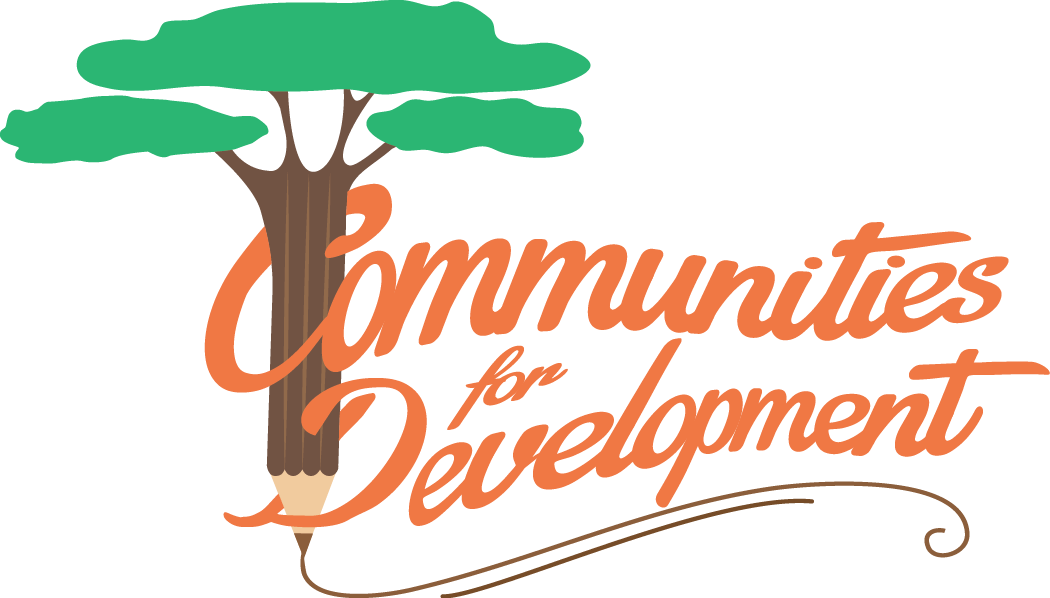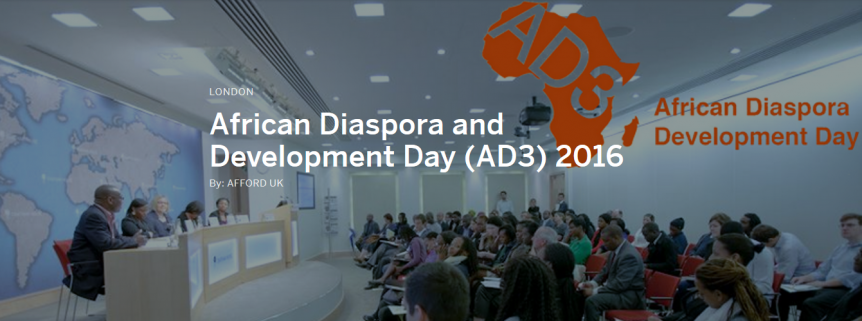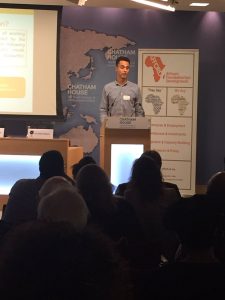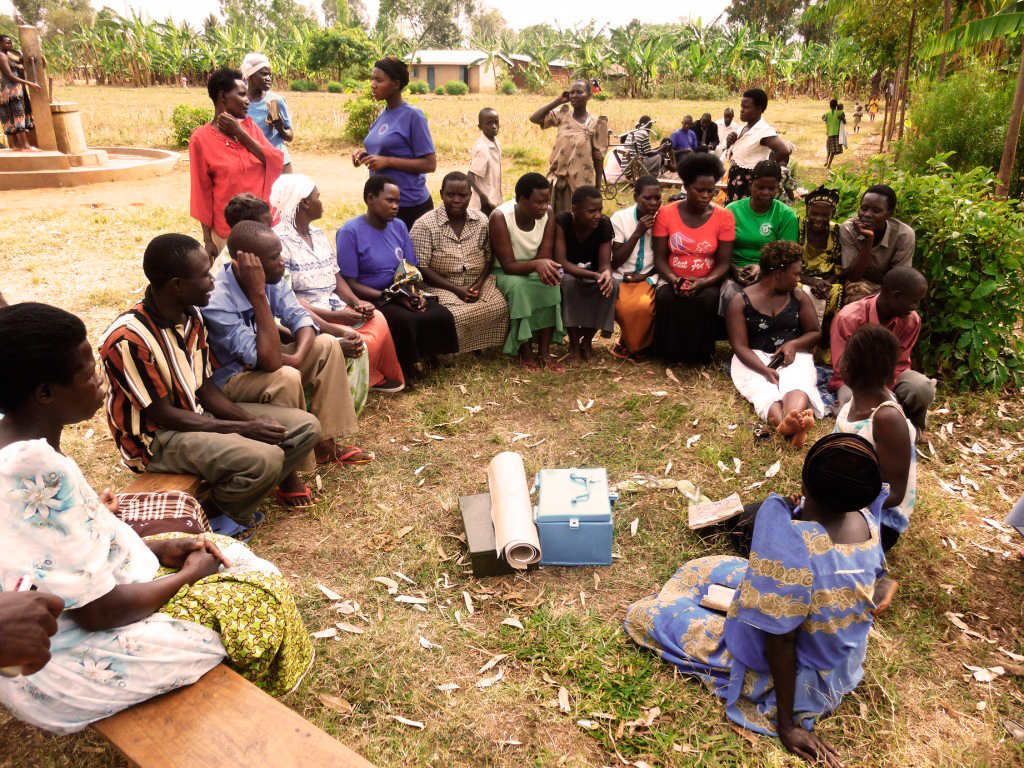More than 2 billion people in the developing world are ‘financially excluded’
On Friday, C4D attended the 16th African Diaspora and Development Day (AD3) in London – since first being piloted by AFFORD in 2000, the event has focused on understanding how the African diaspora can be better connected with development on the continent.
This year’s event focused on the role the diaspora can play in financial inclusion for Africa’s development, an issue that runs to the heart of C4D’s driving principles.
AFFORD’s policy brief highlighted that approximately two billion people or 38% of working-age adults do not have access to basic financial services, such as savings, bank accounts, or credit. For those who live in poverty, the proportion who are unbanked almost doubles, with 73% excluded, showing the disproportionate impact that financial inclusion has on the poor.
Financial literacy, and access to financial services, is a key factor in enabling people to improve their economic opportunities or to succeed as entrepreneurs – it means they can manage their savings, increase their incomes, plan for the future, and fulfil their potential.
“Expanding financial services to the continent’s women, youth and poor in particular will enable communities to be resilient against shocks, allow them to save and invest in their families and will help grow a class of entrepreneurs who in turn will drive development” – Financial Inclusion in Africa, Jack Van Cooten
The presentations and panel discussions of the 16th AD3 gave much food for thought, with recommendations for how policy makers, academics and non-profits alike can contribute to Africa achieving better rates of financial inclusion.
We also heard about some of the innovative and potentially transformative proposals being piloted for roll-out from the likes of Nana Boakye-Adjei from Development Markets such as virtual wallets, taking better advantage of the 75% of Africans now with mobile phones, and interventionist financial education for those coming to collect remittances from bank branches.
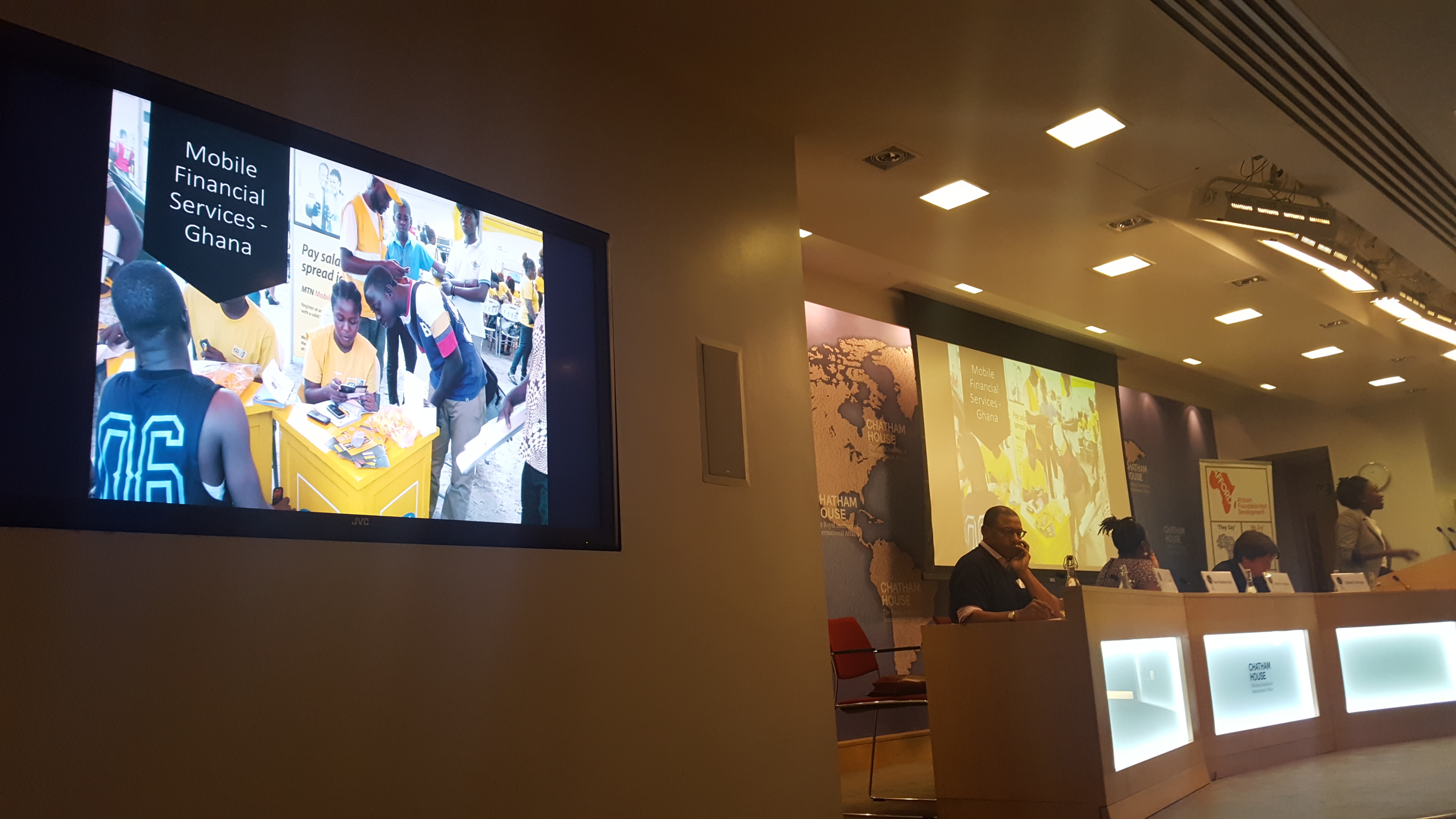
Nana Boakye-Adjei from Development Markets on new methods for financial inclusion
Edward George, from Ecobank spoke passionately about game changing technology and banking products such as M-PESA in Kenya. Eric Guichard from Homestrings presented a crowdfunding platform that can connect diaspora investors with small businesses starting-up in Africa that might otherwise go unnoticed. All practical solutions that make a positive move away from purely academic arguments and toward tangible outcomes.
But one particular question went unanswered – with such leaps forward, FinTech has undoubtedly provided ways to reach millions previously detached from any brick and mortar institutions and unable to fit the credit history and collateral requirements of bank lenders – but what about the most marginalised, those most remote? How do we ensure no one is left behind?
“Despite the impressive growth rates witnessed in many African countries over the past decade, inclusive and sustainable growth will only be realised if it is complemented by financial inclusion, and in practice, this means addressing the challenges of those who are most financially excluded” – Policy brief, AFFORD, July 2016
For now, the C4D approach of saving groups and supporting small businesses is a surefire way to ensure those in rural communities – who these innovations have not yet reached – are able to get the financial tools and education they need to also unlock economic participation in a growing African market.
One day we might be able to link our communities with groundbreaking companies such as Smart Money who are making mobile money viable for the poorest, or join the Banking for Change projects that Barclays have underway in partnership with Plan and Care International to link saving groups with formal banking services.
But for now, we must bring the tools and access to them – so they can play their part in Africa Rising.
By Sarah Bradbury, C4D Campaign Manager
Spread the word!
